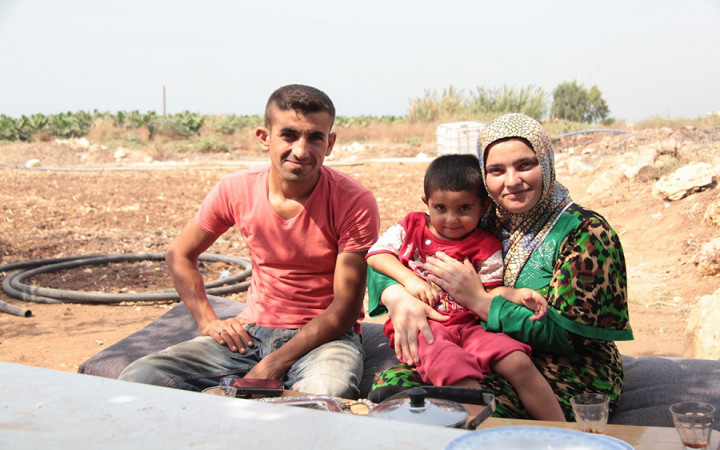Today’s Wonder of the Day was inspired by Eva. Eva Wonders, “How do refugees find a refugee camp?” Thanks for WONDERing with us, Eva!
Do you pay much attention to the news? Some people read the newspaper. Others watch it on television. Many people check the news on the Internet. It’s important to keep up with what’s going on in the world around you.
You may notice that many headlines today report bad news. Stories of good deeds seem to get lost. Many good things do happen every day. Still, the sad reality is that bad things happen, too. Many places around the world are torn apart by violence and war. Simply staying alive may be the only thought on people’s minds.
Sometimes, people living in war-torn countries have to flee their homes. They leave most of their belongings behind. Most also leave behind many friends and family members. They escape from their home countries and become refugees.
Refugees are people who flee their home countries due to conflict or persecution. What causes people to become refugees? There are many causes—including war, violence, or fear of persecution. Threats based on nationality, religion, race, political opinion, or membership in a particular group cause people to become refugees.
People who become refugees are often forced to leave with little warning. Sometimes they barely have time to pack more than a few things. On top of this, the trip to a foreign country can be very difficult. Sometimes people who flee only move to a safer place within their home country. When people flee but don’t cross an international border, they are known as internally displaced persons. Whether people are fleeing to another country or to a different part of their home country, the journey can be very difficult.
If you watched the video in today’s image and video gallery, you heard testimony from Live Wesige. In 1994, when Wesige was a young boy, he fled Rwanda with his father and younger siblings. The family was escaping the Rwandan genocide. Over a million other refugees also left Rwanda at that time. The family relocated to a refugee camp in Zaire (now the Democratic Republic of the Congo), where Wesige nearly died of cholera. He described living in the camp as a difficult and humbling experience. His family members’ lives were never the same afterward.
Being forced to leave your home under terrible circumstances is something no one should have to face. For refugees, the struggle often doesn’t end when they make it to a different country. The country they flee to might not be in a position to offer them much help. Additionally, refugees often face prejudice and stigma in their new homes.
Many countries accept a certain number of refugees every year. Those that do agree to provide the refugees with some basic services. These services were set by the 1951 United Nations Convention relating to the Status of Refugees and were updated in 1967. In this agreement, nations follow a set of legal protections for refugees. They also protect refugees’ social rights and provide them with living assistance.
Most refugees eventually return to their home countries. This happens when the conditions that forced them to leave have changed. But some people are never able to return. Instead, they have to seek resettlement in a new country. They work hard to rebuild their lives and become members of their new communities.
Today, there are more than 60 million displaced people around the world. About 50 percent of those people are children under the age of 18. What can you do to help people who have had to flee their homes? Talk with a friend or family member about how your country or community supports refugees.
Standards: C3.D2.Civ.14, CCRA.L.3, CCRA.L.6, CCRA.R.1, CCRA.R.2, CCRA.R.4, CCRA.R.10, CCRA.SL.1, CCRA.W.4





